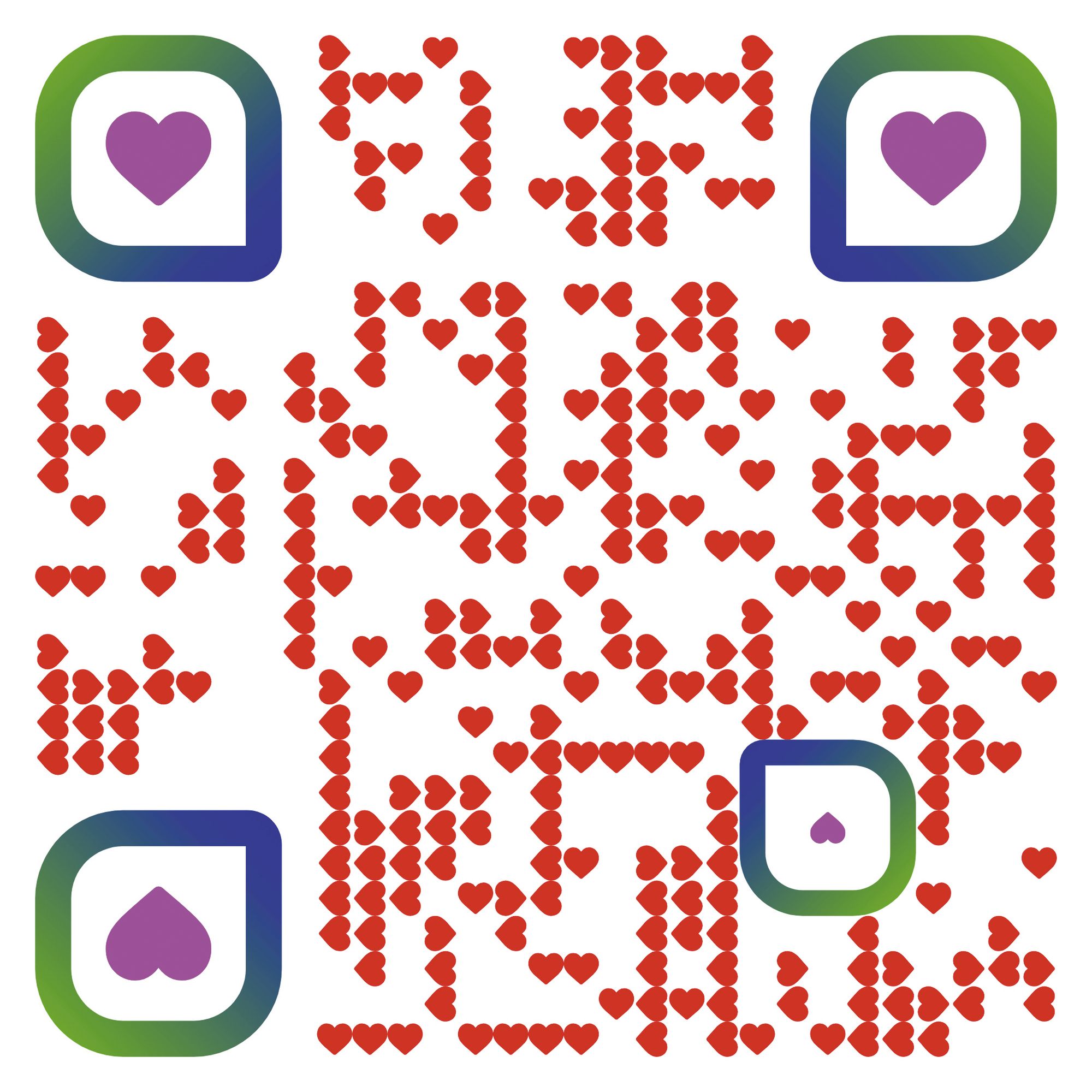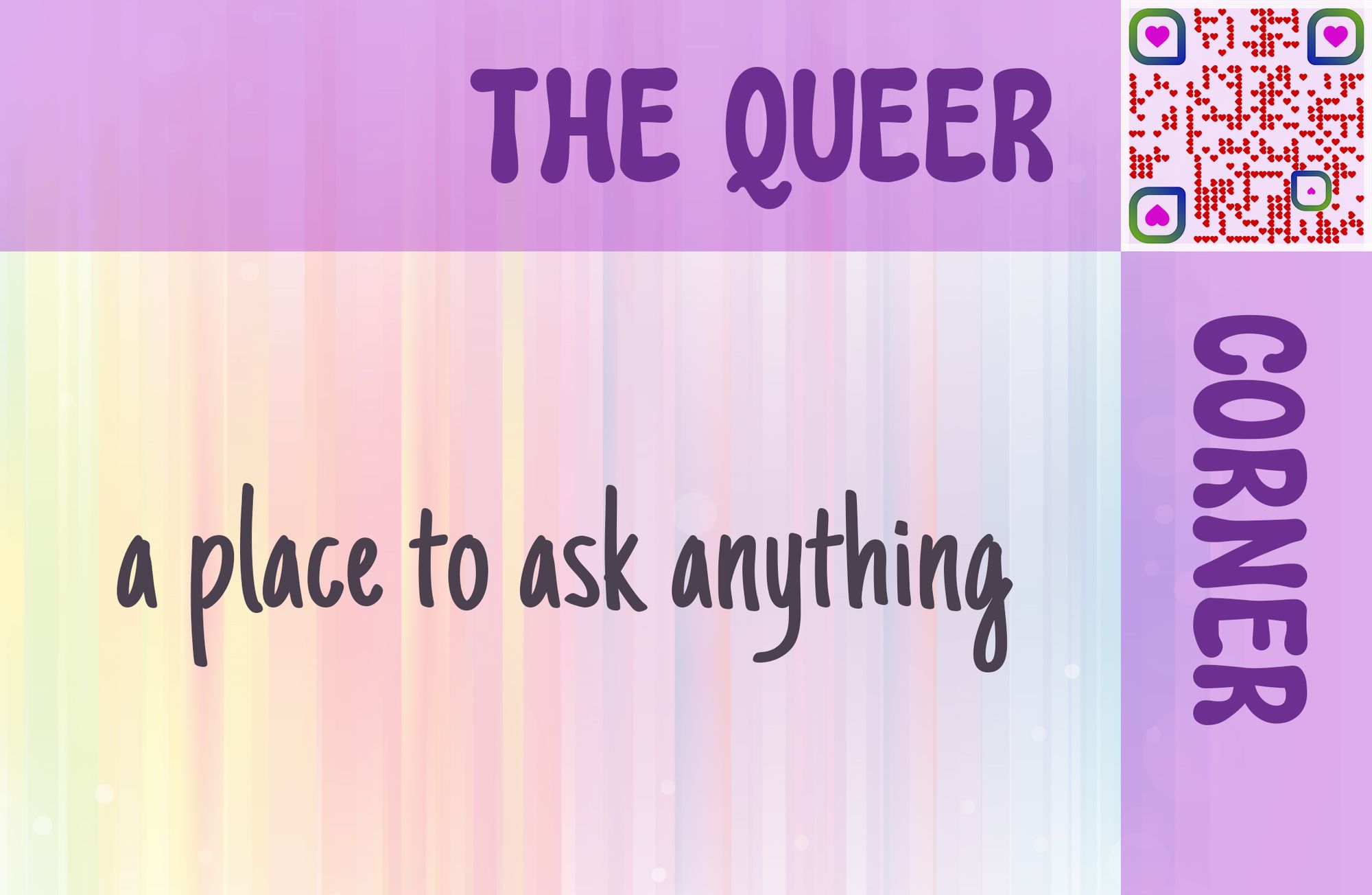Q: I have "passing guilt" — guilt over the fact that people don't immediately clock my queerness. I know it gives me privilege, and that makes me feel guilty. Then I feel guilty on top of that for feeling RELIEVED because I pass. Any advice?
A: If you are like most humans who have grown up queer, you have more than likely spent a great portion of your time dealing with feelings of guilt, shame, or confusion. It is time to let that go and just accept yourself for who you are. It is time to stop judging yourself for being queer or, conversely, for not being queer enough.
This life is not the competition that society keeps trying to tell us it is. Other queer people are community members, not competition, and there is no scale for how outwardly queer you are supposed to be in order to be accepted in this community. Feeling relief that you are passing is not a crime. Passing has made your life easier at times, and that feeling of relief is valid, and does not harm others who don’t have that privilege.
Everyone gets to be who they are, as long as they aren’t hurting others. Those are the rules (or should be). What is important is loving and accepting yourself exactly as you are and exactly as you feel comfortable in your life. Whatever the manner by which you present your identity is your choice, and you do not have to feel guilt over your physical appearance or level of acceptance.
Be who you are, love who you are, just as you are.
Q. I am of Karening age, and I find that more and more, people seem to assume that I'm a Karen when I'm just existing in places. How do I signal to people in the LGBTQ+ community (and any other marginalized community) that I'm with them?
A. Personally, I despise the term ‘Karen’; any word that generalizes a group of people in a negative way generally triggers my feelings of revulsion. That being said, your use of it gave me a very specific image in my head of your outward appearance to the world. Perhaps this is a chance for you to gain some insight (on a much smaller scale) and reflect on the struggles of being accepted in this society that the LGBTQIA+ community faces — community members that struggle with the judgement of society for just existing as they are, without the privilege that comes with being a white, upper-middle class woman.
But to your original question, the best way to let people know that you are accepting and welcoming is with a smile, direct eye contact, words of affirmation, taking a stand with them or for them (where appropriate) when you see injustice, or leaving them alone if they wish to be left alone. It is really important that you accept that not everyone wants to hear from you, even in support. Some people just wish to be left alone to live their life, do their work, and simply exist. Especially if you are a cisgender, straight, white person, it is not always the time and a place for your input or voice. Please be respectful of that. A major key to being a good ally is to take a back seat to the needs of those with marginalized identities, allowing their voices to be heard and allowing the spotlight to be on them and the issues of the community.
If you were looking for a simpler answer — something that signals direct, physical representation — I have a great pin that has a rainbow and says You are Safe with Me. There are many T-shirts and accessories that are specifically designed with allies in mind. And while these are all available through that one business (you know… the one that sends things in brown boxes with smiles on them), I would much prefer you find an LGBTQIA+ community member with an online store and support their business.

Send in your questions to surveymonkey.com/r/P55NPRX!
It's completely anonymous and open to the LGBTQ+ community and allies!
Patti (she/her) is an (almost) lifelong Richland resident, a local yoga teacher, and a Hanford employee. She is married to an amazing man, is a mother of three and stepmother of two, and a lover of multiple pets.
Patti has walked her own journey through identity and been the support for others on their journeys; she understands the need for — and the feeling of — searching for support. Patti is the current Chair of PFLAG Benton Franklin, and has served on past boards and committees in organizations dealing with domestic violence, addiction, leadership, and business.
With a passion for her community, family, friends, and helping others, Patti is here to answer all your questions with the heart of a loving mother, but the forthrightness necessary when tackling difficult conversations. You are welcome to ask for guidance and advice in any topic that is near and dear to your heart, and know that you will be heard and respected in this corner.
Please note: Patti is unable to give legal or medical advice, but will instead point you to resources in our community where you can seek those answers.


